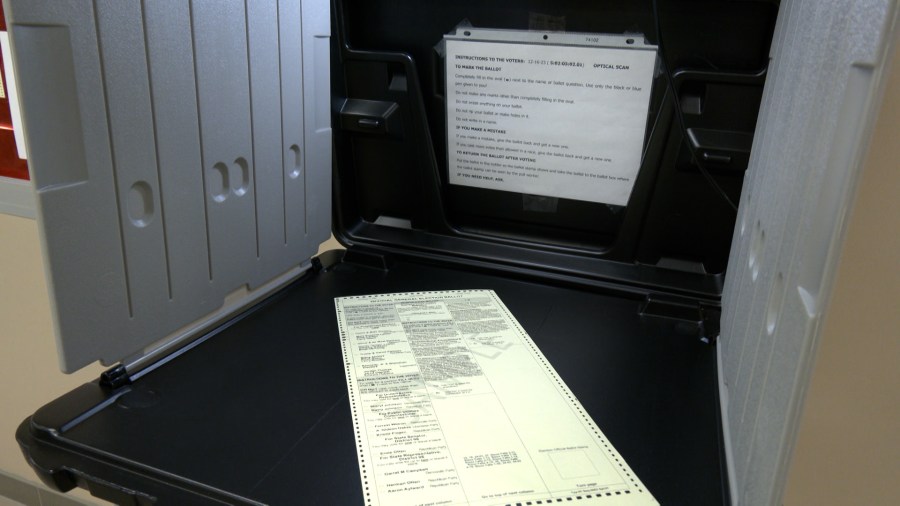SIOUX FALLS S.D. (KELO) –With the 2024 election in full swing, some ballot questions state that they could require judicial or legislative clarification.
There are three ballot questions that state judicial or legislative clarification may be necessary, IM 29 which would legalize adult-use recreational marijuana in the state of South Dakota, Amendment G which would provide a state constitutional right to an abortion under a specific framework, and IM 28 which would begin the process to remove the sales tax from some items meant for human consumption.
South Dakota Attorney General, Marty Jackley, said its important to clarify the language of the measures.
“On several of them I’ve indicated a concern there may be constitutional challenges or there will be additional work by either the legislature or the courts to further clarify what some of the language is by the sponsors,” said Jackley.
Emeritus USD Law School Professor, Roger Baron, said what it means for a ballot question to need additional clarification.
“Many times new provisions go into effect as a result of the referendum or popular vote of the people and invariably the new provisions will have to be interpreted, just as if the legislature passes a new statute and that’s subject to being interpreted by the courts or being amended by the legislature the following year, this is something that happens on a regular basis,” Baron said in an interview with KELOLAND News.
Baron said while uncommon in South Dakota ballot measure clarifications aren’t unprecedented. stating that this isn’t the first general election to have something like this happen.
Baron said that of the three ballot questions, Amendment G won’t be able to be changed by the legislature and can only be amended by the court.
“On the abortion amendment its interesting to note his (Attorney General Marty Jackley) description there that it may be amended by the judicial clarification, if this is passed as a constitutional amendment the legislature cannot change that,” Baron said. ” If that’s enacted then it’s only going to be up to the courts to interpret.”
Only IM 28 will require both judicial or legislative clarification according to the Final Attorney General’s Statement, while the remaining two may receive additional clarification if passed.
Baron said an example of clarification that is required is how tobacco would apply to IM 28.
“It’s not perfectly clear that this measure prohibiting taxes on anything sold for human consumption will apply to tobacco or not, if this measure is passed the legislature could easily come back and say that this does not extend to tobacco,” Baron said. ” The legislature can come back and clarify.”
Nathan Sanderson, executive director of the South Dakota Retailers Association, says tobacco and over-the-counter medications would be included among items for which the state could no longer collect sales taxes. Rick Weiland of Sioux Falls, who is the sponsor of Initiated Measure 28, says they are not included.
Baron said the legislature can amend these ballot measures if they see the need for further clarification.
“The legislature can come back and anything that’s enacted as a new statute by a vote of the people by the ballot measure can be amended by the legislature,” Baron said. “The next legislative session, the legislature could come along and basically totally undermine either one of these ballot measures if they are approved.”
Baron said he thinks the ballot boxes will be pretty full this year and says the election should provide a somewhat clear picture as to what the will of the people is.


